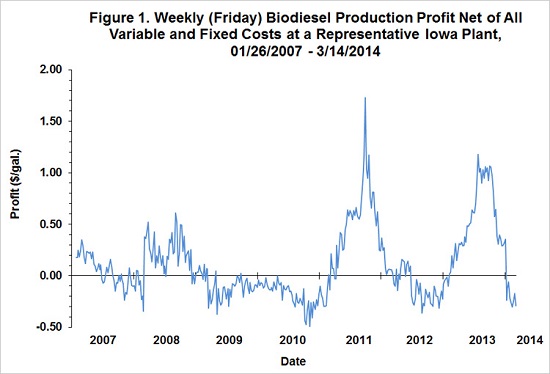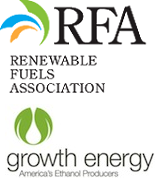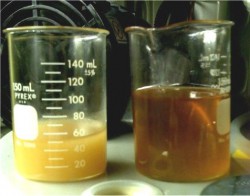DISH has deployed 47 customer service vans fueled by propane autogas in the Los Angeles (LA), California area. DISH unveiled 47 of its 200 propane autogas vehicle fleet during an event, “Driving Cleaner Solutions for Our Customers and Communities.” The ROUSH CleanTech Ford E-250 cargo vans will support residential and commercial customer service through the company’s Hawthorne and South El Monte locations.
 “DISH is proud to begin deploying a vehicle fleet in the LA area that emits fewer greenhouse gases and uses a domestically sourced fuel,” said Erik Carlson, executive vice president of service and installation at DISH. “This is just part of our larger propane autogas fleet rollout and we look forward to rolling out more across the country.”
“DISH is proud to begin deploying a vehicle fleet in the LA area that emits fewer greenhouse gases and uses a domestically sourced fuel,” said Erik Carlson, executive vice president of service and installation at DISH. “This is just part of our larger propane autogas fleet rollout and we look forward to rolling out more across the country.”
According to DISH, there were four factors that helped them make their decisions to move to propane autogas: cost savings, national availability of a domestically sourced fuel, on-site fueling benefits and original equipment manufacturer choices that meet service requirements. As part of their move to propane, the company is also installing an onsite fueling station.
“Industry leaders such as DISH are recognizing the value that propane autogas brings to their operation,” added Todd Mouw, vice president of sales and marketing for ROUSH CleanTech. “The ability to reduce fuel costs in excess of 30 percent, significantly reduce harmful emissions and utilize an American-made energy source produces a positive ROI for all involved: shareholders, employees and the communities that DISH services.”
DISH serves 14 million customers. Currently, propane autogas is the only alternative fuel being implemented in DISH’s fleet.









